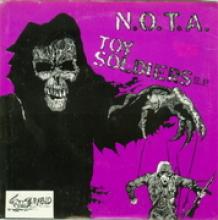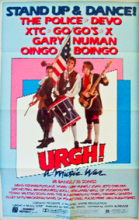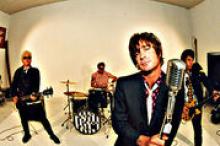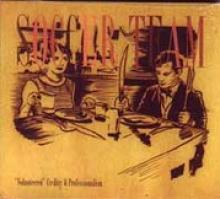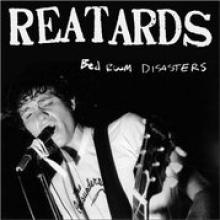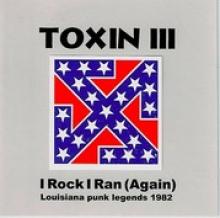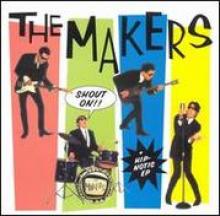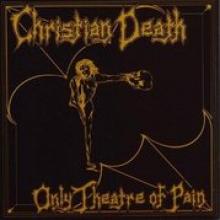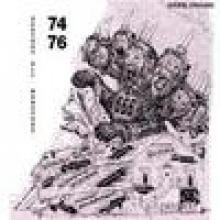The Locust
Safety Second, Body Last
(Ipecac Recordings, 2005)
This compact disc holds just over ten, that’s correct, ten minutes of music. Yet some how, Mike Patton and his team of savvy indie-music biz moneygrubbers have deemed this slab worthy of a ten, that’s correct, ten-dollar price tag. Now, whether or not I’m a fan of Patton and his various projects, I refuse to allow such a blatantly ridiculous occurrence to go uncommented upon. So, let’s take time out here so that I may begin a dialogue with said label boss. Ahem. Sir. I am part of the record buying populace and find the pricing of your labels latest single to be exorbitant. Firstly, the pretension of squeezing eight (or whatever the number maybe) songs onto two tracks is blindingly repulsive. Secondly, when I purchase a record by a group such as The Locust, I am not looking for minimalist electronic music (which occurs sometime during the first track), I’m solely looking for some (retardedly) short blasts of HC violence. Furthermore, Mr. Patton, while I appreciate the space noises and what occasionally sounds like Devo playing HC, I simply loose myself in the space of a seven minute screed of noise that is the first track. I can tell, sir, that the band meticulously planned out this recording, replete with videogame and cricket noises, but I simply want more for my money. You see, I have a job that pays seven dollars an hour. So I have to work 1.428 hours just to buy this record. I don’t find that quite acceptable. Please get back to me when you get a chance. Thanks again.

